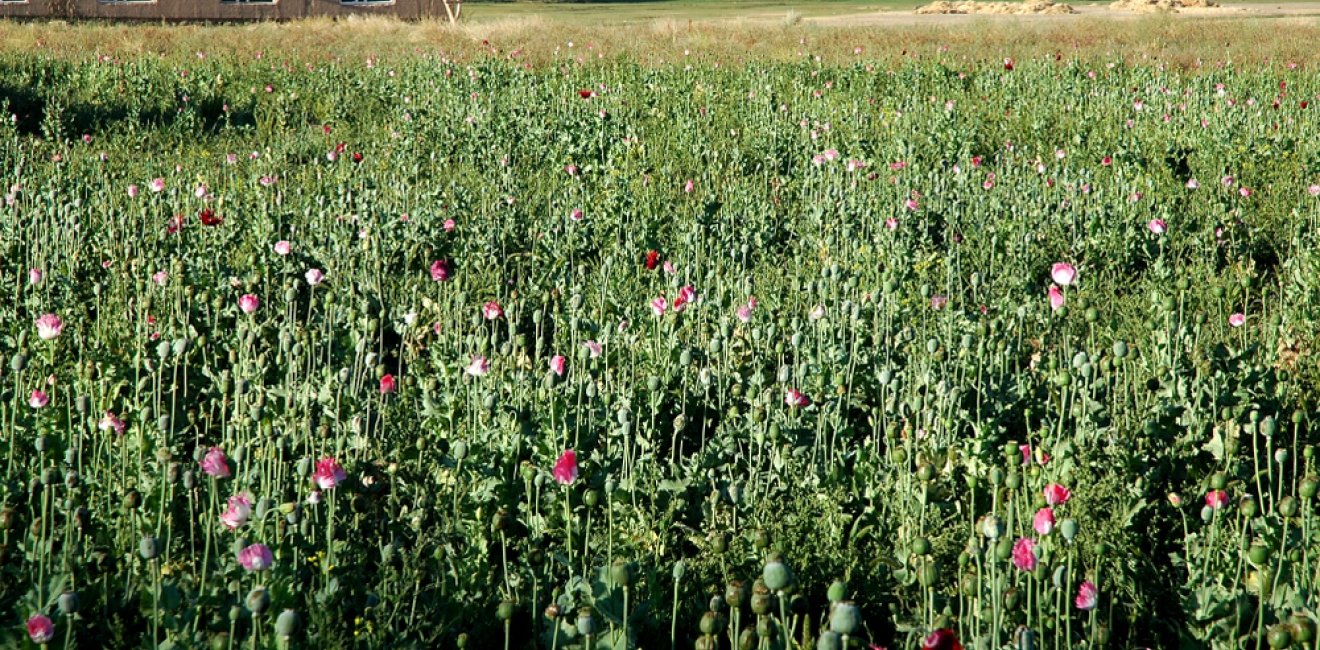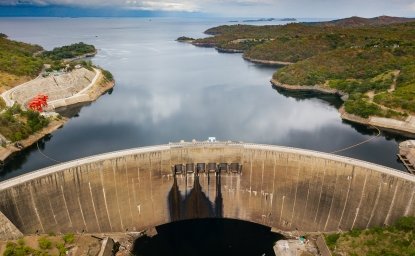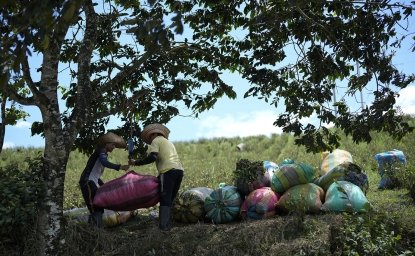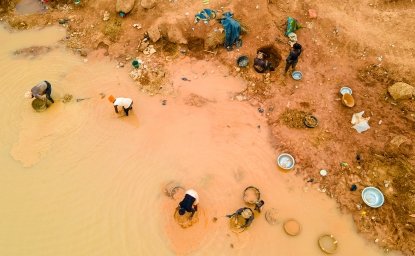
A blog of the Wilson Center

Opium Poppy Cultivation in Afghanistan Appears to be Declining—At a Cost.
Afghanistan is the world's largest producer of opium. Its production grew during the years when US and coalition forces were present, despite the US spending more than $8 billion to eradicate the crop. Production grew during the Taliban’s years of insurgency, despite its public opposition to opium production because narcotics are contrary to Islam, and perhaps because the militant group reportedly imposed “taxes” on poppy farmers and others involved in the trade as a way of funding its operations.
As Taliban representatives negotiated over the drawdown of Western forces with, first, the Trump Administration and then, later, Biden representatives, they promised to end opium production in Afghanistan once they regained power. Even though observers say the Taliban have broken many of its other pledges—on matters like the role of women in society and tolerance for diversity of opinion— the “poppy pledge” may be one they’re serious about trying to keep.
In April, the Taliban issued a decree that banned poppy cultivation in Afghanistan, and government spokespersons said that offenders would be tried according to Sharia laws and courts. A representative of the interior ministry told the Associated Press, “we are committed to bringing poppy cultivation to zero.”
Farmers in Helmand, the center of poppy cultivation in Afghanistan, recently reported that armed Taliban officials have begun seizing farms and tearing up fields of poppies with tractors.
The Taliban campaign to eradicate poppy cultivation poses significant challenges for millions of impoverished farmers and day laborers that rely on their earnings from the profitable crop. In 2021, the value of Afghanistan's opiates production was 14% of the country’s GDP at $1.8-$2.7 billion, and day laborers can make more than $300 a month harvesting opium. At a time when the majority of the Afghan population struggles to afford food under the collapsed economy and severe drought, the “poppy pledge” threatens to devastate the livelihoods of entire communities.
Author

Explore More in Stubborn Things
Browse Stubborn Things
Not-So-Renewable Energy in Zambia

Colombia's Cocaine Moment of Truth

There's Mining, Then There's Galamsey
